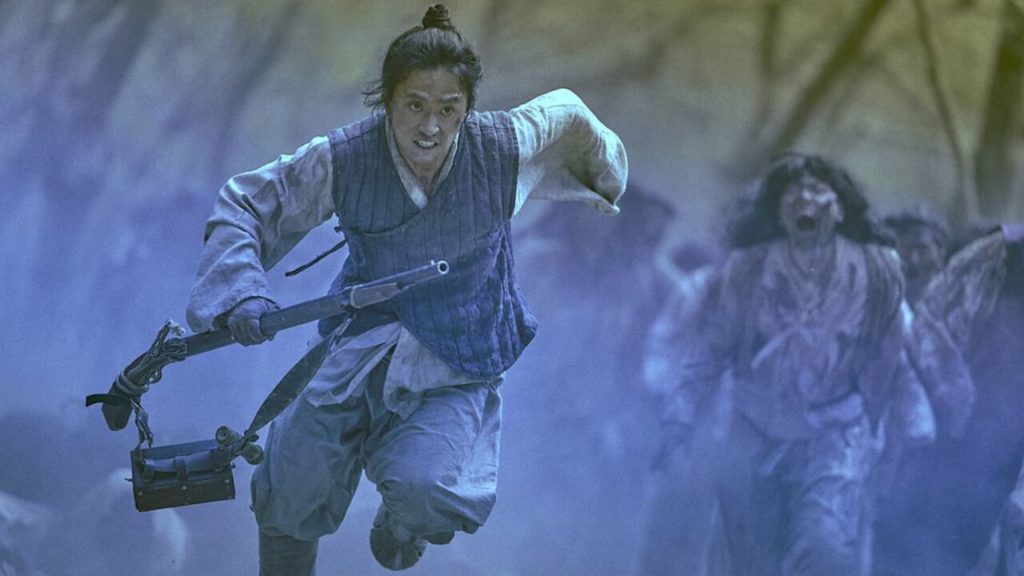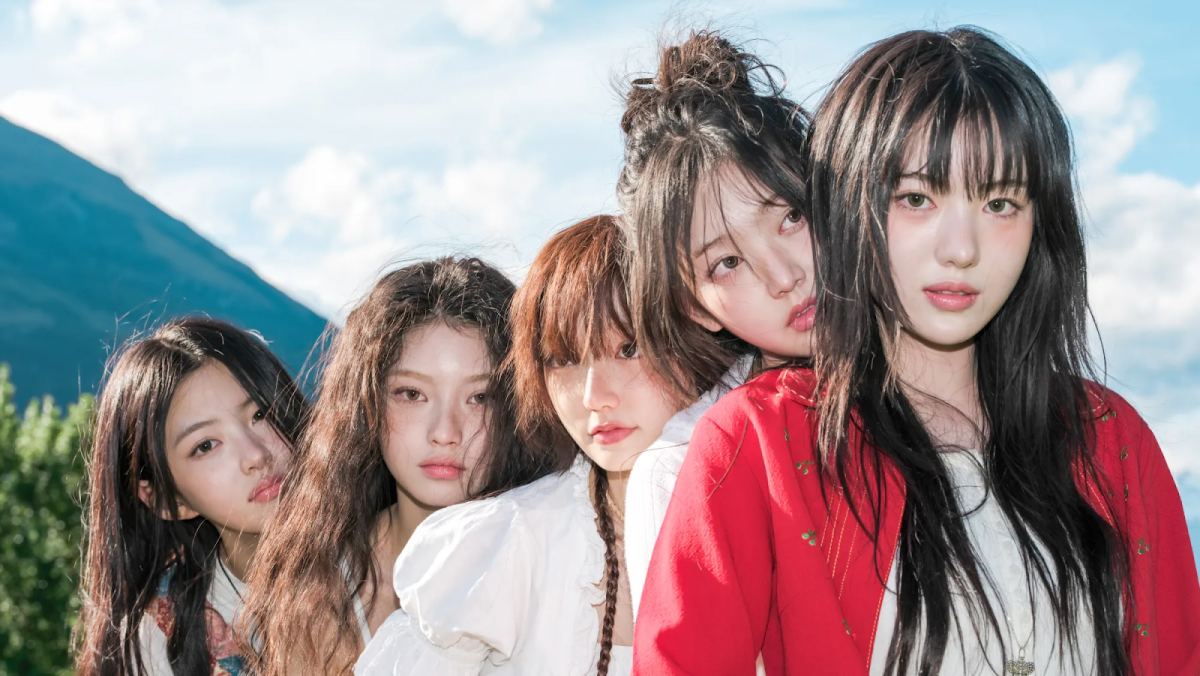

South Korea has been getting more and more culturally relevant in recent years, such as K-Pop band “BTS” finding success on YouTube as one of their music videos accumulated over 384 million views. It’s hard to deny the growing impact of South Korean media abroad.
Even the Mass Comm Department’s very own Dr. Tingle has said she listens to K-Pop. Student worker and Mass Communications Freshman, Savannah Richards, has told me she watches Korean dramas (or K-Dramas) as a means of branching out from the Western media she found to be predictable.
“If you watch a lot of American TV, you start to notice a lot of the same themes that occur over and over” said Savannah. “So eventually, I got bored of what everyone was doing and a lot of new dramas came on Netflix from Korea, China, or Taiwan and the plot points sounded really interesting so I just gave them a shot. I really ended up liking them.”
As a history buff, I myself have found myself interested in the North Korean situation, as it is the last vestige of the Cold War. Also, as a history buff, Netflix’s new Korean show, “Kingdom”, grabbed my interest at being a show set in the Joseon period. What the show is can be summarized as a period-authentic representation of Korea being subject to a zombie apocalypse complete with early Game of Thrones-esque political and feudal intrigue. What makes the show more interesting is that the show explicitly takes place shortly after the devastating Imjin War, and so Korean society was already not on the up-and-up by the time the outbreak begins and the outbreak itself is allegorical to the actual social and economic upheaval in this period.
The plot centers around the crown prince discovering his father, the king, is a zombie and the details are being covered up by a malevolent family, the fictional Haewon Cho clan, looking to create their own royal dynasty, and intending to kill the crown prince in the process to prevent a succession crisis. It’s a two-way fight for the crown prince’s survival against both the Haewon Cho and the living dead.
The Joseon Period of Korea was marked with a stagnant Confucian bureaucracy, more so focused on pirates and bandits over any pipe dreams of attempted expansion. That all changed in 1592 when the feuding Japanese samurai were united under the shogun, Toyotomi Hideyoshi, who wanted to direct feudal Japan’s war economy against a foreign and more productive target, Ming China. However, the best way for the Japanese soldiers to invade China would be through the Korean peninsula, and the Joseon Kingdom was a tributary vassal of Ming China. What followed was 6 years of brutal conflict that outlasted Hideyoshi and saw the peninsula in economic and social turmoil, which is what the zombies represent. Instead of an easy victory over the decadent kingdom, what followed was a slog of guerilla warfare as peasant militias were formed and fought alongside the Righteous Army of Buddhist monks.
One detail of this war that the show blindsided me by getting right was a scene in the first episode where a group of unnamed characters unknowingly commit cannibalism on the flesh of someone mauled to death by the king. The man who cooked the dead character justifies his actions by stating “How do you think our countrymen down South survived?” This is a fact that Koreans who lived under the Japanese occupation from 1592 to 1598 had their farms destroyed and food confiscated, leading to mass suicides and survivors committing cannibalism, as recorded by the scholar O Huimun in his journal, “Swaemirok,” which detailed “roads lined with corpses” and how the Japanese soldiers burnt farms. The fact this show got that minuscule detail right completely sold the show to me on the spot and I’ve been loving it.
The best way I can sell you, the reader, this show is that “Kingdom” is a zombie show that is most certainly different. I don’t want to spoil any more of the show and highly encourage any reader with Netflix to give “Kingdom” a watch.







